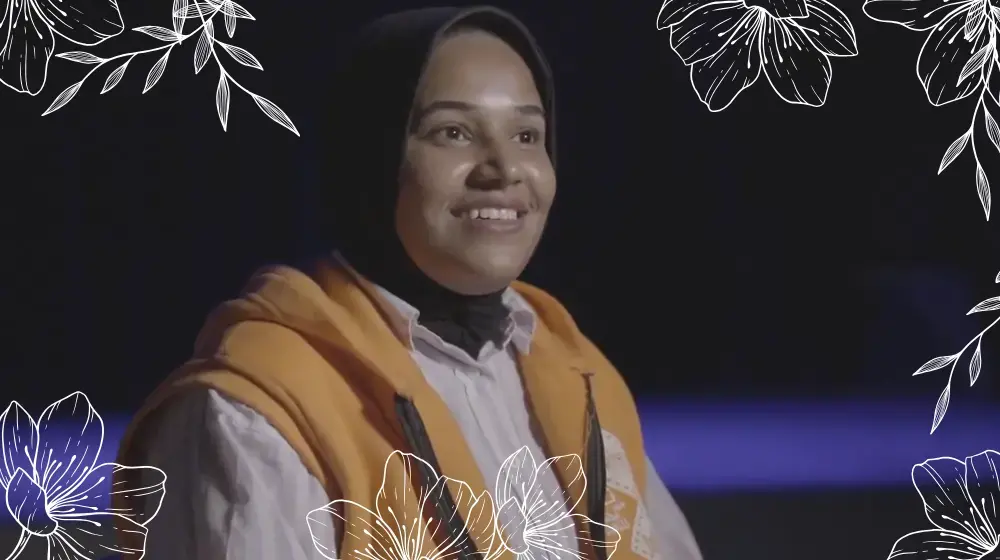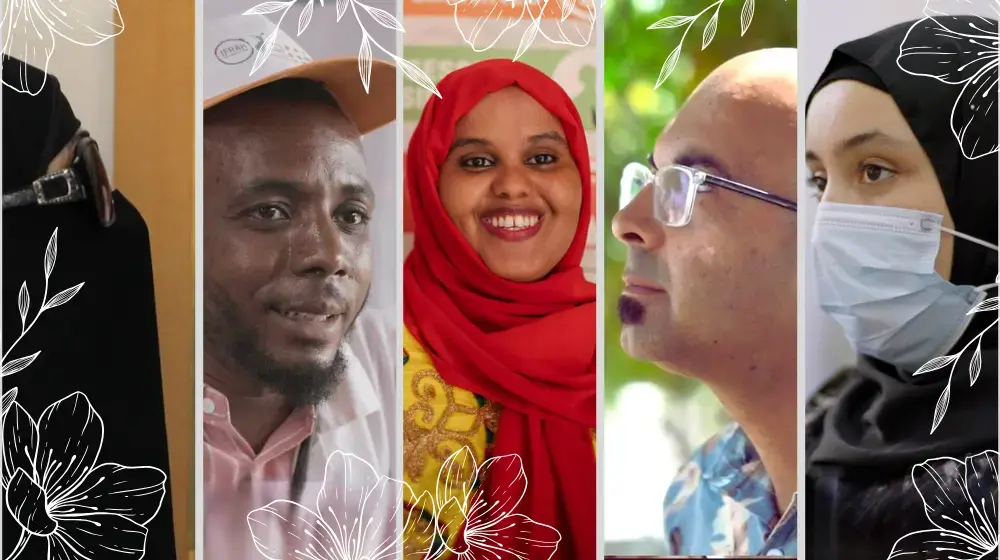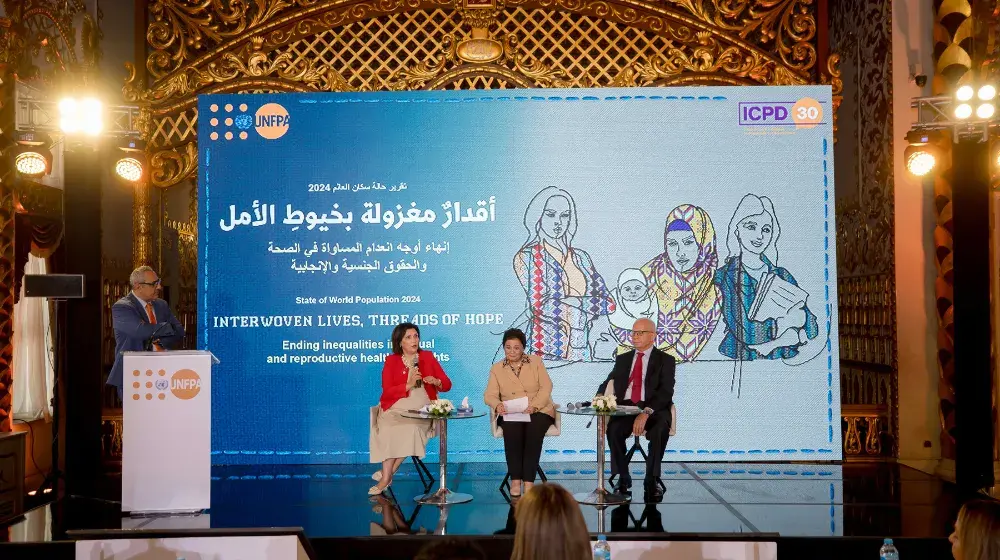KHARTOUM, Sudan — “Changing cultural norms and beliefs need to come from within the community. People concerned with an issue as Female Genital Mutilation and Cutting (FGM/C) and convinced that it is wrong can form a powerful force of change. It is all about how to plant the conviction in people that change is necessary – a law only cannot do that” says Igbal Mohamed Abbas, Founder of the Family and Child Friendship Association.
Igbal Mohamed Abbas also known as “Mama Igbal”, suffered the traumas of circumcision after she went under the knife as a young girl. Due to her own disturbing experiences of the health, social and psychological consequences of the practice, to take leadership on the issue at Tutti Island in the Nile nearby Khartoum, Sudan’s capital was only natural for her.
Health consequences countering cultural beliefs
When Mama Igbal’s Association, with the involvement of women from her community, initiated the efforts to abandon FGM/C in 2005, the communities at Tutti generally considered the practice as a matter that only concerned women and girls.
Since Tutti is a small closed and religious community of an estimated population of 21000, where people live within close proximity and somehow have become one large family, the first cultural breakthrough on FGM/C was to start discussing it in the public space.
Community dialogues and school sessions on the health consequences of FGM/C were organized in collaboration with health facilities, as mobilizing people was the first and most crucial step to achieve a change in the community behavior.
“We found that a critical crossroad of change was when people understood the health complications our girls suffer from; such as increased risk related to pregnancy and child birth, as well as the emotional scars. That was when they became convinced to join our movement”, shares Mama Igbal.
Mothers in law and grandmothers were particularly targeted as they are making the final call on whether the practice is undertaken or not.
Religious leaders drive the change
Due to the centrality of religion in the lives of people, the religious leaders became a driving force to influence the change in cultural norms and tradition, and bringing the issue of FGM/C to the public discourse. During community gatherings religious leaders countered the cultural beliefs around the shame cast on families that will not circumcise their daughters.
Furthermore, they shared their own personal stories, which became instrumental in breaking down those expired beliefs. “Some religious leaders were silent about their own abandonment of FGM/C due to the fear of shame, and we made them come out as powerful examples in front of the communities”, Mama Igbal explains.
Salema reaching out
Salema means “whole, healthy in body and mind, unharmed, intact, pristine, and untouched, in a God-given condition” and is the name of the national campaign led by Sudan’s National Council on Child Welfare and its National Strategic Planning Centre to spur collective behavioral change within communities. The campaign aims to stimulate a new discourse about FGM/C at family and community level, and to allow for new social norms to grow around the idea that being uncut is natural and desirable.
"We took Salema everywhere on Tutti Island because we knew that we needed a broad outreach to plant the change; from wedding ceremonies, to consultations with families, to women’s coffee sessions, to family discussion picnics and school outreach”, explains Mama Igbal.
At schools the children were engaged in debates, Salema exhibitions, drawing sessions and songs; some girls shared some of the painful memories they carry of the consequences of FGM/C and the younger ones sang: “I am your daughter, please protect me against risk and complication of FGM/C”.
Men and boys were also engaged as most of them are convinced that they will only marry circumcised girls as per the cultural norm, and were unaware of the multiple consequences of the practice.
Mama Igbal used to recall the difficult times in her marriage due to the cut, and those times became the force to continue striving for Tuti’s girls to live Salema. As a return on the tireless community efforts Tutti Island declared Zero Tolerance against FGM/C in 2011.





